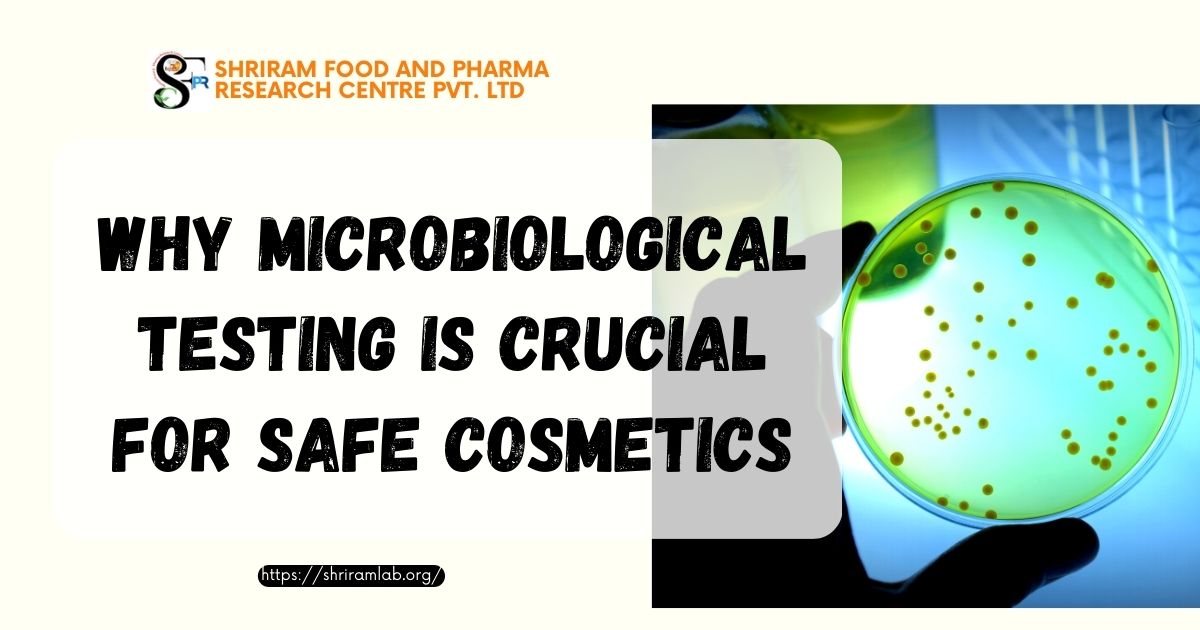The Food Corporation of India (FCI) and the Food Safety and Standards Authority of India (FSSAI) are two distinct entities, each with its own set of responsibilities and functions in the food industry.
Food Corporation of India (FCI):
The Food Corporation of India is a governmental organization established and operated by the Government of India, with involvement from state governments. Its primary function is to procure rice and wheat from farmers using various channels such as paddy purchase centers, mill levy, and custom milling. Once acquired, FCI stores these grains in different types of depots, including food storage depots, buffer storage complexes, and private equity go-downs. FCI also incorporates modern storage methods like silo storage facilities to ensure the safety and quality of stored food items.
Food Safety and Standards Authority of India (FSSAI):
The Food Safety and Standards Authority of India operates as an autonomous body under the Ministry of Health & Family Welfare, Government of India. Established under the Food Safety and Standards Act, 2006, FSSAI is responsible for safeguarding and promoting public health through the regulation and supervision of food safety. This involves the formulation and enforcement of food safety standards in India. FSSAI plays a crucial role in ensuring that food products meet specified standards to protect consumers’ health.
Standards Prescribed by FSSAI:
FSSAI sets standards for a wide range of food products, including dairy products, fats, oils, fruits and vegetable products, cereal and cereal products, meat and meat products, fish and fish products, sweets & confectionery, sweetening agents, salt, spices, condiments, beverages, and more.
Types of Licenses Issued by FSSAI:
FSSAI issues three types of licenses based on the nature of the food business and turnover:
1. Basic Registration: For businesses with a turnover of less than Rs. 12 Lakh.
In India, the Food Standards and Safety Authority of India (FSSAI) is the governing body responsible for overseeing food safety regulations. According to the law, obtaining FSSAI Basic Registration is mandatory. For small businesses or startups with an annual turnover below Rs. 12 lakhs, you can apply for basic FSSAI Food safety registration. However, as your operations grow and your turnover increases to the Rs. 12 lakh mark, you will be required to upgrade your basic registration to a state license. Keep in mind that basic registration is primarily intended for small businesses, and larger firms will need to obtain more comprehensive registration.
2. State License: Applicable for businesses with a turnover ranging from Rs. 12 Lakh to Rs. 20 Crore.
The Food Standards and Safety Authority of India (FSSAI) is the governing body responsible for supervising and regulating food safety. As per the law, it is mandatory to obtain FSSAI Food Safety License Registration. In this article, we’ll discuss the FSSAI state license, which applies to food business operators such as small to medium-sized manufacturers, storage units, transporters, retailers, marketers, and distributors with an annual turnover between Rs.12 lakhs to 20 crores.
3. Central License: Required for businesses with a turnover exceeding Rs. 20 Crore.
The Food Standards and Safety Authority of India (FSSAI) is the governing entity responsible for overseeing and regulating food safety. According to the law, obtaining an FSSAI food safety license is mandatory. As per the law, businesses with a turnover exceeding Rs. 20 Crore are required to obtain a Central License from the Food Standards and Safety Authority of India (FSSAI). The FSSAI is the supreme authority that oversees and regulates food safety in the country. In this guide, we will be discussing what the FSSAI Central License entails.
In summary, while the Food Corporation of India focuses on the procurement and storage of essential grains, the Food Safety and Standards Authority of India is dedicated to regulating and ensuring the safety and quality of the diverse range of food products available in the market. Both entities contribute significantly to maintaining the integrity and standards of India’s food industry.





